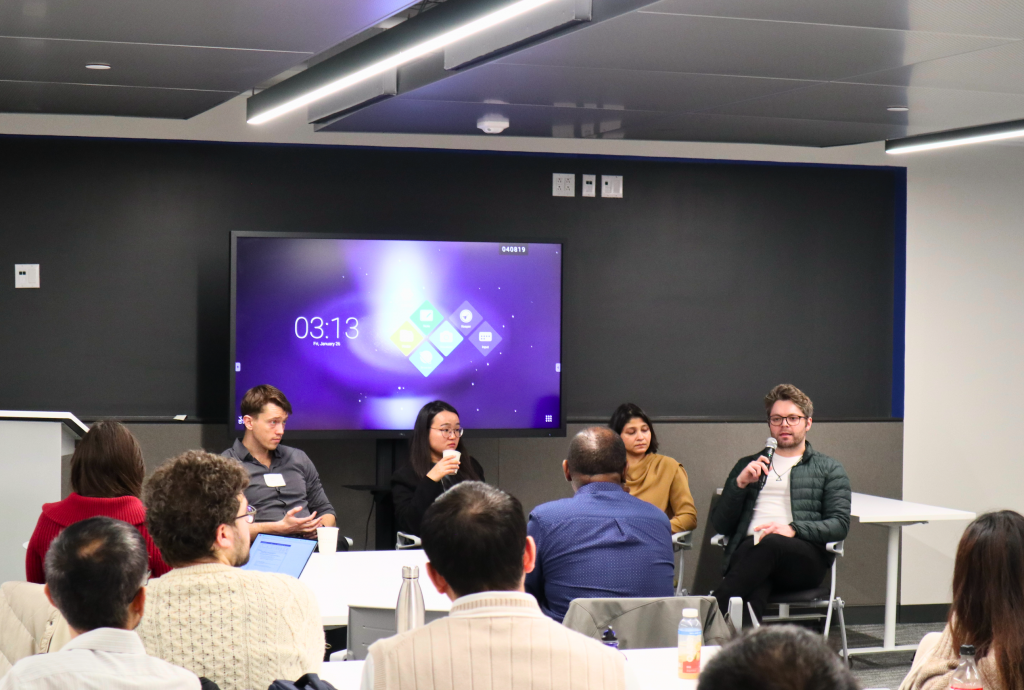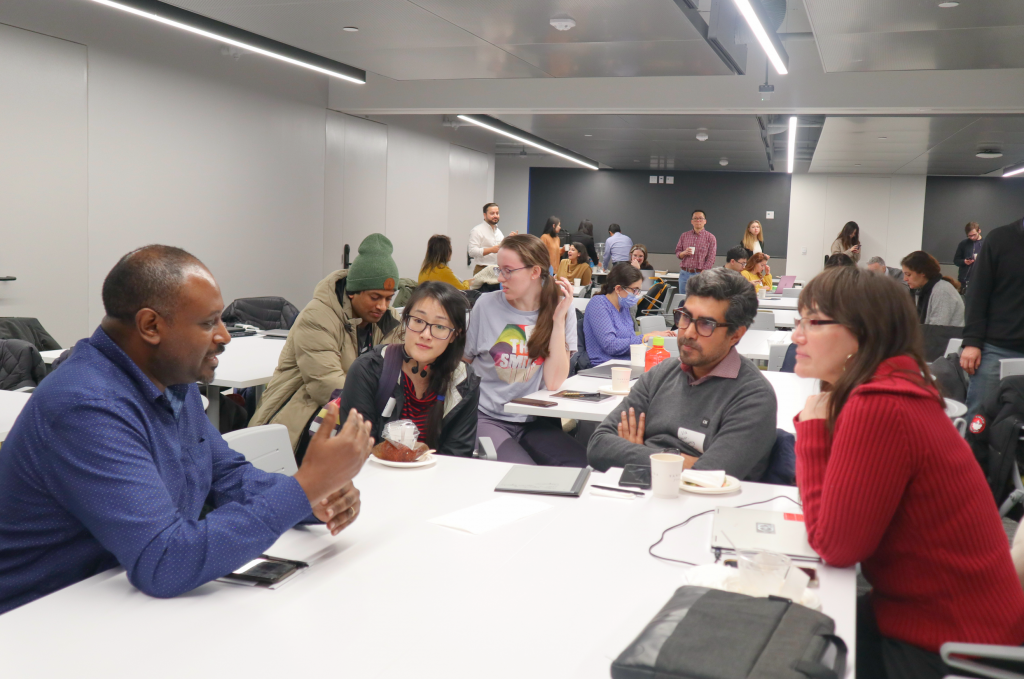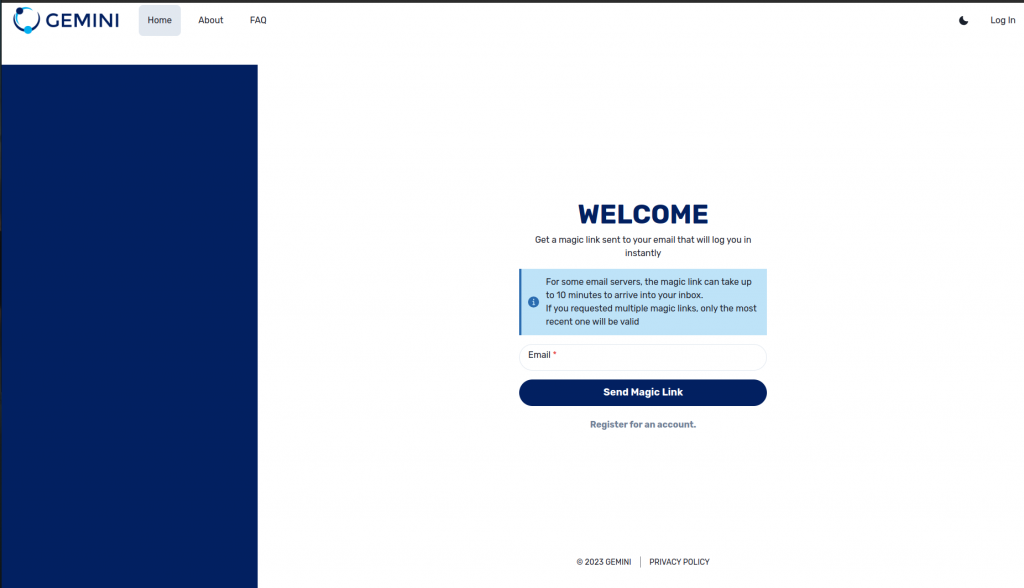by Sara Elhawash
The Data Sciences Institute (DSI) and the Temerty Centre for AI Research and Education in Medicine (T-CAIREM) at the University of Toronto join efforts for the second consecutive year to co-fund two 2024 Catalyst Grant Awards focused on innovative and novel data science methodologies in medicine and health.
Each catalyst grant provides up to $100,000 in seed funding for multidisciplinary researchers forming Collaborative Research Teams (CRTs) that are developing novel statistical or computational tools that address important societal needs.
“These jointly funded catalyst grants are directed at highly innovative initiatives that have the potential to transform healthcare with data science, and this year’s winners are no exception,” says Muhammad Mamdani, executive director T-CAIREM. “It’s rewarding to see initiatives that not only focus on specific segments of our population to improve their quality of life but also those that have far reaching implications for society at large.”
Examining biases due to confounders and colliders in observational health data using individual-based simulation models
Sharmistha Mishra (St. Michael’s Hospital, Unity Health Toronto and Rafal Kustra (Dalla Lana School of Public Health, University of Toronto)
In the realm of medical research, observational studies leveraging large health-administrative datasets are crucial. However, bias in the data, including residual confounding and collider bias, can produce misleading results, potentially skewing policy decisions, resource allocation, and clinical management.
This research aims to enhance public health outcomes during infectious disease outbreaks by employing simulation modeling combined with causal inference and statistical learning methods to identify and address different types of biases that could undermine inference drawn studies of health using observational data.
Specifically, the researchers plan to generate synthetic datasets using simulation models that replicate the complex dynamics of the 2022 Mpox outbreak in Toronto, in collaboration with clinicians, public health teams, and community-based organizations. They intend to use statistical learning methods to predict how big the problem of residual confounding and collider biases could get when inferring risk factors and the effectiveness of interventions during an evolving outbreak. They will then pilot-test analytic approaches to reduce these biases.
“This work has the potential for applicability across health conditions by helping to improve validity in estimating risks and intervention impact,” says Professor Mishra.
Decoding unintelligible speech: a conversational context-aware assistive technology for children with complex communication needs (CCN)
Tom Chau (Holland Bloorview Kids Rehabilitation Hospital) and Monika Molnar (Temerty Faculty of Medicine, Department of Speech-Language Pathology, University of Toronto)
Children with CCN often prefer to vocalize, but their sounds are typically unintelligible to those unfamiliar with them. They are often excluded from fully participating in education, society, and eventual employment.
This Catalyst Grant proposal is dedicated to helping children with complex communication needs (CCN), potentially leading to the development of assistive devices.
The research team plan to utilize machine learning to decode the unintelligible speech of these children using an existing audio-video dataset of speech samples. This project could pave the way for the development of artificial intelligence-driven electronic devices tailored for children with CCN.
“There are currently no assistive technologies that can accurately decode their speech sounds,” explains Professor Chau. “As a result, children with CCN remain excluded from full participation in education, society, and eventual employment.”
The researchers hope this project will accelerate the impact of data sciences in the fields of rehabilitation and biomedical engineering, driving positive social change for children with CCN.
The DSI’s Catalyst Grants, co-funded by T-CAIREM, play a crucial role in supporting these research projects by providing the essential seed funding and fostering the collaboration among research teams needed to realize this impactful work and apply for external funding in the future.



